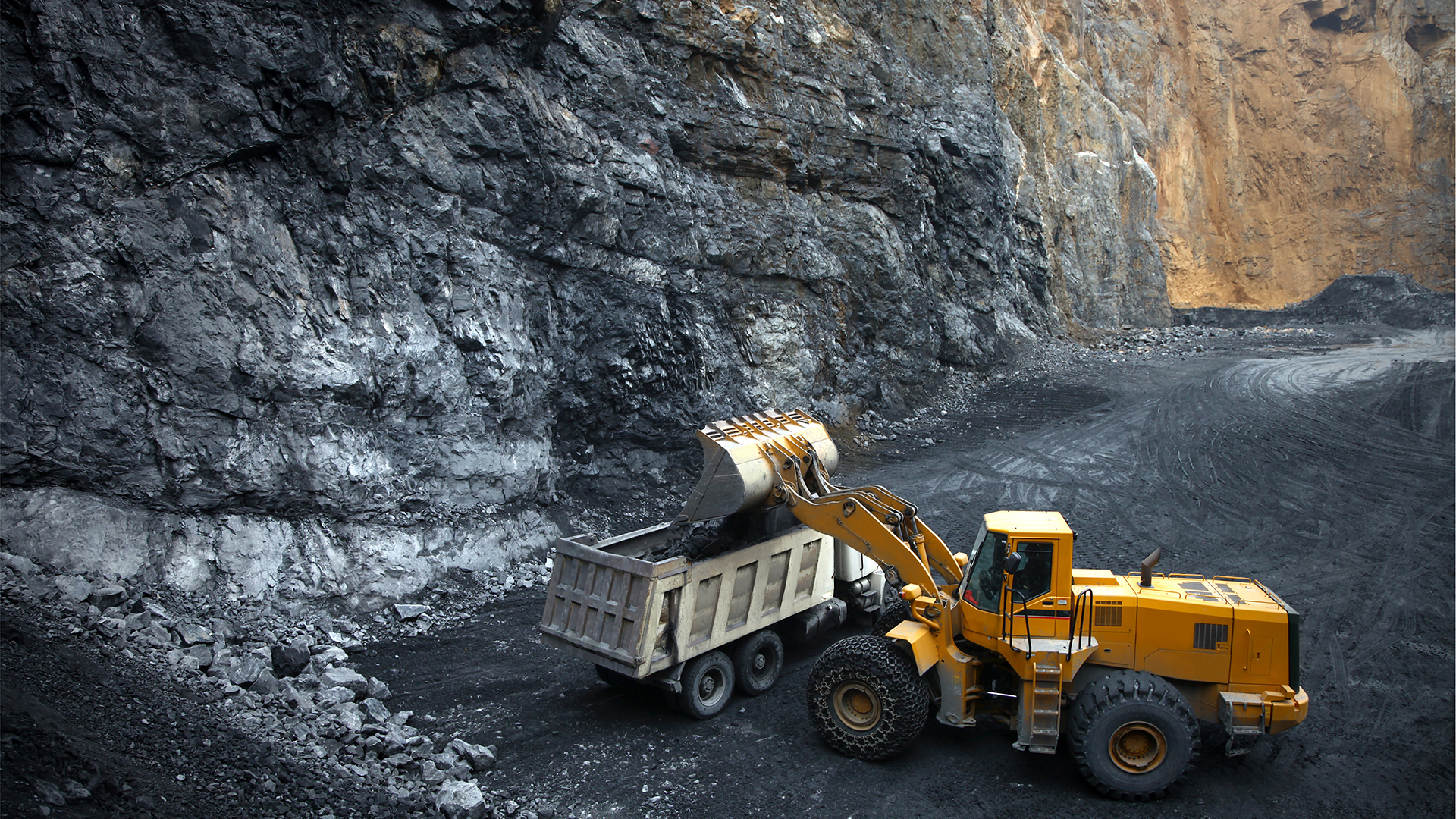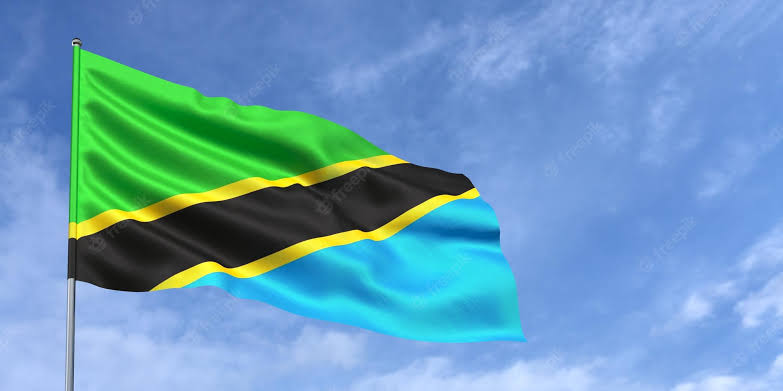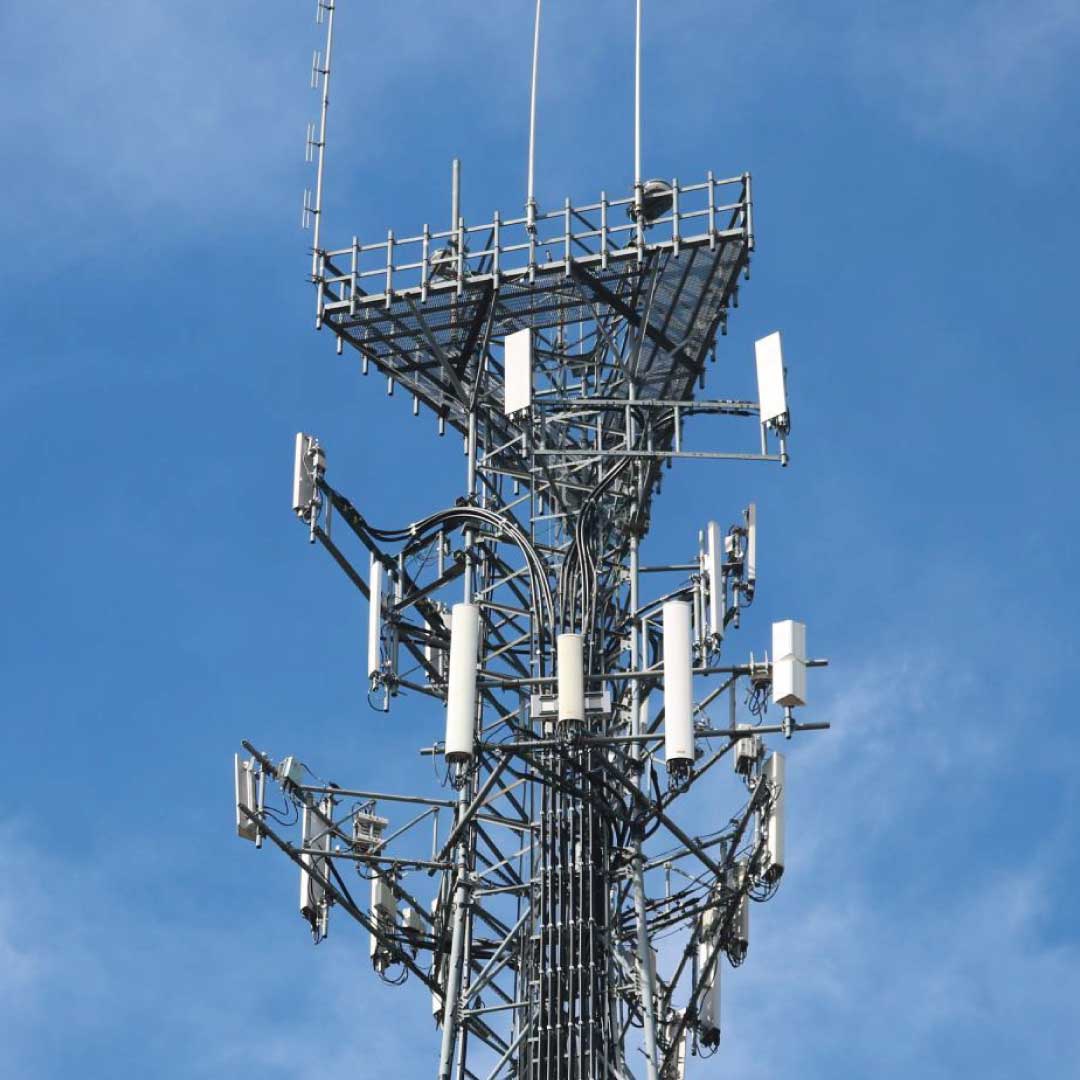Tesla, the American automotive and clean energy company, has signed a contract to purchase Anode Active Material (AAM) from Tanzania.
Tesla signed the deal after reaching an agreement with a vertically integrated lithium-ion battery company, Magnis Energy Technologies Limited, and its Tanzanian subsidiaries, Uranex Tanzania Limited (Uranex) and Magnis Technologies Tanzania Limited (MTT).
In a statement made earlier in the week, Uranex explained Tesla has concluded on purchasing between 17,500 tonnes and 35,000 tonnes per annum of Anode Active Material (AAM) from Magnis Energy Technologies. The purchase would be made for three years starting from February 2025.
Magnis Energy Technologies Limited, which is enlisted on the Australian Securities Exchange, is the sole owner of Uranex and MTT.
Magnis Energy is developing a graphite mine in Tanzania where it plans to get “ultra-high purity natural flake graphite” from the operation.
Read also: African Nickel Limited, QGC Collaborate on Sustainable Mining in South Africa
The Graphite Deal With Tesla
According to Uranex, “The deal arrives at a critical juncture for both companies. Tanzania as a country is set to benefit tremendously in terms of technology transfer, employment, among other aspects.”
The statement further stated that the acquisition of completely processed graphite as well as spheronized graphite, is included in the agreement with Tesla. It says that Uranex will be in charge of supervising the Nachu Mining Project in Tanzania, which will produce high-quality natural flake graphite concentrate.
“The graphite resource at Nachu is composed of natural flakes of various dimensions and its purification will not involve chemical processing hence it will be an environmentally friendly processing mechanism,” the statement reads.
Tanzania will have the symbolic opportunity to collaborate with an iconic worldwide actor in the field of sustainable energy as a direct result of the strategic collaboration.
In addition, the statement says that as a result of the Nachu Graphite Project, Tanzania will be in a position to play a leading role in the worldwide push toward the utilization of renewable energy sources that are more environmentally friendly and sustainable.
In addition, Tanzania will have the opportunity to accelerate its long-term goals of becoming a center for the most cutting-edge industrial innovations as a result of the world-class facilities and infrastructure that are planned to be included in the Special Economic Zone.
“Magnis guarantees to improve the livelihoods of Tanzanians by providing high quality jobs to the nationals and ensure contribution towards the country’s economic growth,” the statement says.
It is stated that Magnis’s operating philosophy in Tanzania is to ensure that the growth of the Company is matched with the developmental goals of the society surrounding its Projects, including the Nachu Graphite Project. Specifically, this applies to the Nachu Graphite Project.
About Uranex
Uranex is a subsidiary company that is wholly owned by Magnis Energy Technologies Ltd of Australia. Uranex’s Nachu Graphite Project is a well-known graphite resource that is on par with the best in the world. The Nachu Graphite Project is situated in Lindi, Tanzania, in close proximity to Ruangwa.
In addition to its graphite mining project in Tanzania, the company is also a participant in the Imperium3 New York consortium, which is comprised of several businesses that are collaborating on the construction of a lithium-ion battery cell gigafactory in New York.
In addition to this, Magnis is both a shareholder and a partner in the battery cell technology business C4V, which is headquartered in New York.
As a result, Tesla may find the battery projects to be beneficial, as the automaker is trying to secure a large number of battery cells in order to support its plan to construct 20 million electric vehicles per year by the year 2030.
Uranex has been granted a Special Mining License in Tanzania with the number 550/2015, which falls under the purview of the Ministry of Minerals.
This was made possible due to the fact that Magnis, through MTT, was awarded a licence to operate within a Special Economic Zone (SEZ) in Tanzania for a length of ten (10) years, and this licence will be renewed in May 2021.
About Tesla
Tesla, owned by serial entrepreneur Elon Musk is an American manufacturing company focused on electric automobiles, artificial intelligence, and clean energy. The multinational creates electric automobiles, solar panels, and batteries for cars and home power storage.



